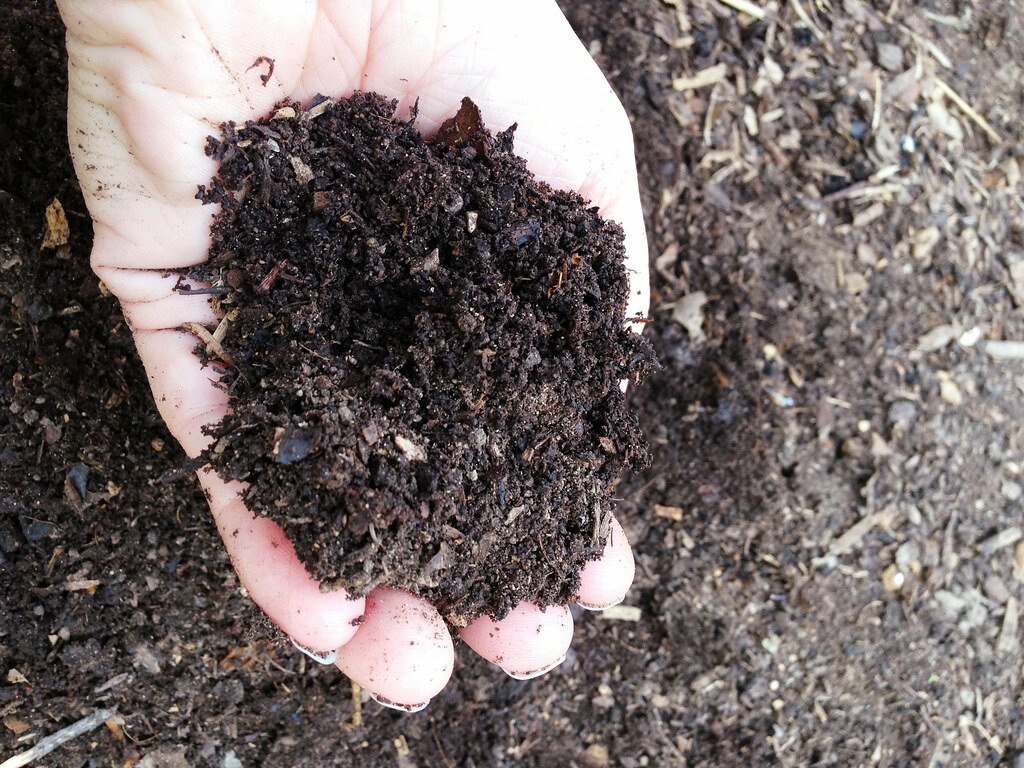Food waste in landfill is one of the reasons for increased greenhouse emissions. Due to the lack of knowledge and concern about waste management the issue has become vast. The waste is a rich source of organic material.
This waste is actually a wealth that people fail to see. It’s sickening to see that kind of waste occurring in our society especially when there is so much food need out there. Well, waste conversion techniques can work but, without public involvement in the process, all the efforts are vain.
New Hanover County, North Carolina, has started a composting program for the public to dispose of food waste. This new program will make a significant reduction of the county’s waste. After a year of pilot testing, the composting system is now fully operational and open to the public. The waste is composted and electricity is generated.
The County approved the pilot program in January of 2017. The cost for the composting machine was $369,884 and partially funded by $15,000 in grant funds awarded by the State of North Carolina’s Division of Environmental Assistance and Customer Service.
The composting program consists of an innovative mechanical in-vessel system designed to eliminate odours and wastewater issues that are typically associated with composting operations. It creates nutrient-rich compost that helps plants retain moisture, encourages strong root growth, provides a slow, steady release of nutrients, and protects the soil against some common pests and diseases.
The best part of this program is that the public can directly give their unpacked food waste and they won’t be charged. Anyways there are few restrictions to the type of waste collected. Type of wastes not accepted are plastics, metals such as cans, grease and oils and clam and oyster shells. With more composters installed, the public would eventually develop a habit to segregate waste and discharge food waste in the composters.
According to the County’s officials, the composting system is unique as the system follows in vessel method of composting. Here, all the waste is put in one vessel which has controlled temperature and air flow. The compost generated is processed to eliminate potential pathogens and destroy weed seeds.
Currently, the compost is used for New Hanover County Parks and Gardens. The compost is not available for purchase or private use. Installation of more composters in cities would motivate the people and help officials manage food waste.

